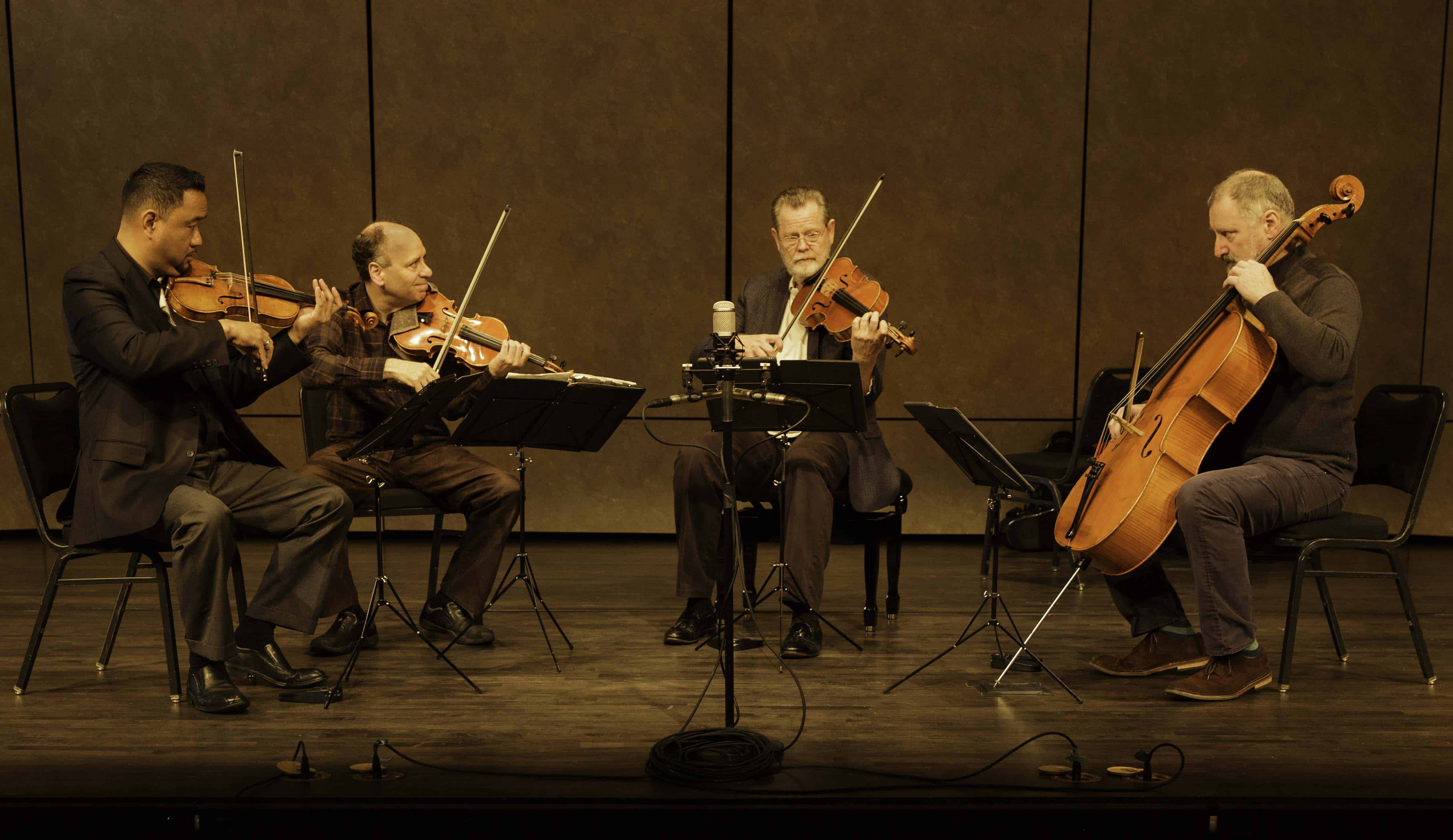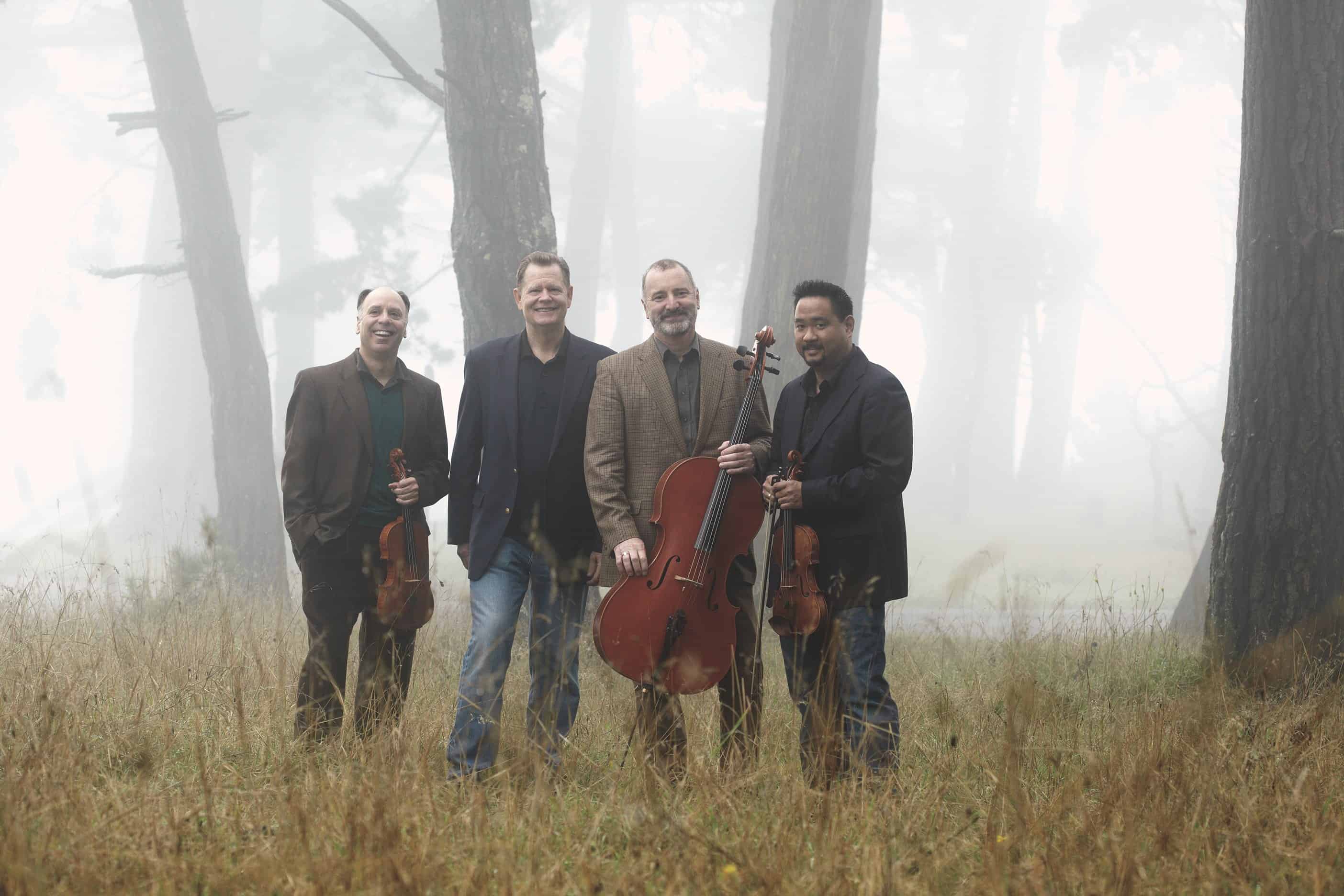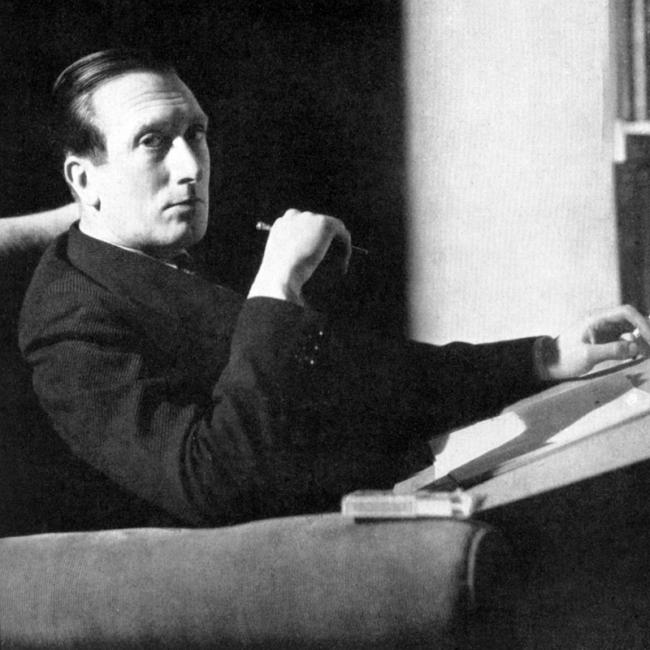-
Haydn: The Seven Last Words of Christ

Eric Bromberger offers the following background on The Alexander String Quartet’s March 30, 2018 performance of Haydn’s The Seven Last Words of Our Saviour on the Cross at Grace Cathedral in San Francisco: Haydn may have claimed that his thirty years as kapellmeister to the Esterhazy princes forced him to work in isolation, but from…
-
Shostakovich Quartet No. 8 in C Minor, Opus 110

In the summer of 1960 Shostakovich went to Dresden, where he was to write a score for the film Five Days, Five Nights, a joint East German and Soviet production. The devastation of Dresden by Allied bombing in 1945—the event that drove Kurt Vonnegut to write Slaughterhouse Five—was still evident in 1960, and it stunned…
-
William Walton String Quartet No. 2

Walton spent World War II writing film scores, including the music to Henry V (he had originally wanted to serve as an ambulance driver, but after he landed several ambulances in the ditch, the government decided that he would be more useful as a composer). In the summer of 1945, months after the end of…
-
Shostakovich Quartet No. 6 in G Major, Opus 101
Shostakovich’s sudden re-marriage in the summer of 1956 caught even his closest friends by surprise. His first wife, the physicist Nina Varzar, had died suddenly in December 1954, and eighteen months later the shy composer impulsively proposed to a pretty young party official, Margarita Kainova. She just as impulsively accepted, and they were married in…
-
Shostakovich Quartet No. 5 in B-flat Major, Opus 92
Shostakovich wrote his Fifth String Quartet in the fall of 1952, but it remained in manuscript, unperformed, for over a year—and for very good reasons. Not only were these some of the darkest years of the Cold War, they were also the paranoid final years of Stalin’s repressive regime. Four years earlier, at the 1948…
-
Shostakovich Quartet No. 4 in D Major, Opus 83
The Soviet crackdown on composers in February 1948 remains, over half a century later, one of the most devastating examples of government interference and censorship in history. Prokofiev, Shostakovich, Khachaturian, Miaskovsky, and others were excoriated for their “formalistic distortions and anti-democratic tendencies” and for writing “confused, neuropathological combinations which transform music into cacophony.” These composers…
-
Shostakovich Quartet No. 3 in F Major, Opus 73
The Third String Quartet was Shostakovich’s only composition during the year 1946. He dedicated it to the members of the Beethoven Quartet, who gave the first performance in Moscow on their namesake’s 176th birthday, December 16, 1946. The mention of Beethoven is apt, for many observers have felt that this quartet, particularly in its heartfelt…
-
Shostakovich Quartet No. 2, in A Major, Op. 68
The works Shostakovich composed during World War II—or, as the Russians call it, The Great Patriotic War—form a distinct chapter in his output. These include the wartime music one might expect—marches, choruses, and even settings of songs of Russia’s allies (including, in 1943, an arrangement of When Johnny Comes Marching Home)—but Shostakovich made his major…
-
Shostakovich String Quartet No. 1, Op. 49
Shostakovich wrote his String Quartet No. 1 during a defining interlude in his career. He had achieved international fame at age 20 with his First Symphony, and his 1934 opera Lady Macbeth of the Mtsensk District— with its explicit sexual content and sordid events—had reinforced that reputation during performances as far away as Cleveland, London,…
